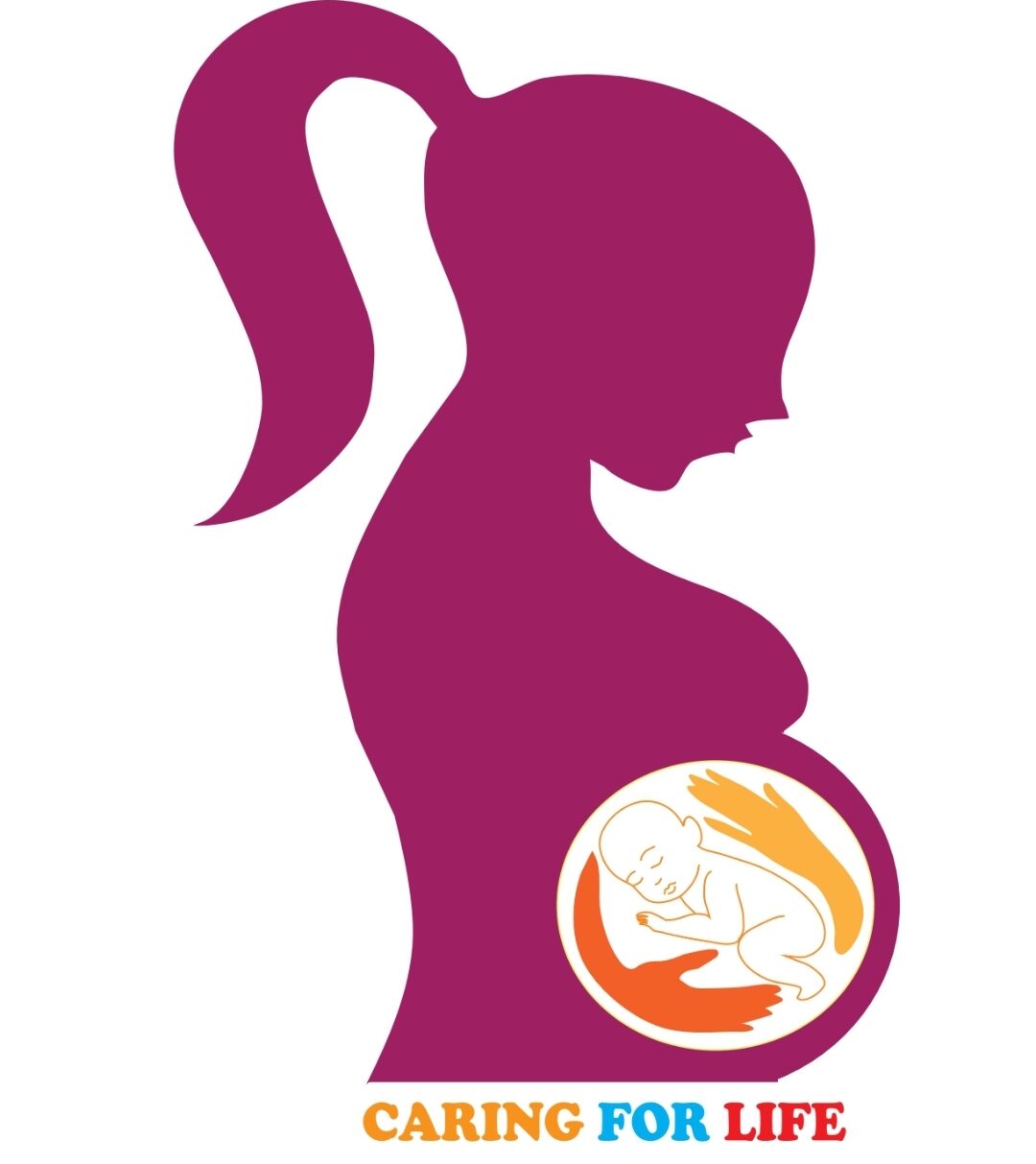
Welcome to our blog dedicated to discussing high-risk pregnancy, an important topic for expectant mothers. Dr. Gauri Jagdale, a leading expert in maternal-fetal medicine, provides insights and guidance to help you navigate this crucial aspect of pregnancy with confidence
What is High-Risk Pregnancy?
A high-risk pregnancy refers to a pregnancy where the mother or the baby faces increased health risks compared to a typical pregnancy. These risks may be due to pre-existing health conditions, maternal age, lifestyle factors, or complications that arise during pregnancy.
Common Factors Contributing to High-Risk Pregnancy:
- Advanced Maternal Age: Pregnancy after the age of 35 increases the risk of complications such as gestational diabetes and preeclampsia.
- Pre-existing Medical Conditions: Conditions like diabetes, hypertension, and autoimmune disorders require specialized care during pregnancy.
- Multiple Pregnancies: Carrying twins or triplets increases the risk of premature birth and other complications.
- History of Pregnancy Complications: Previous experiences with miscarriages, preterm birth, or birth defects can indicate a higher risk in subsequent pregnancies.
- Lifestyle Factors: Smoking, alcohol consumption, drug use, and poor nutrition can contribute to pregnancy complications.
Importance of Prenatal Care:
Regular prenatal visits are crucial for monitoring the health of both the mother and the baby during a high-risk pregnancy. Dr. Gauri emphasizes the importance of working closely with healthcare professionals to manage any existing conditions and address potential complications early.
Managing High-Risk Pregnancy:
- Medical Management: This includes medication management for conditions like gestational diabetes or hypertension.
- Lifestyle Modifications: Adopting a healthy diet, regular exercise, and avoiding harmful substances can significantly reduce risks.
- Monitoring and Testing: Regular ultrasounds, blood tests, and fetal monitoring help track the progress of the pregnancy and detect any issues promptly.
- Emotional Support: Dealing with a high-risk pregnancy can be stressful. Seeking support from loved ones and mental health professionals is vital for emotional well-being.
Preparing for Labor and Delivery:
Dr. Gauri discusses birth plans, potential delivery methods, and the importance of being informed about emergency procedures in case of complications during childbirth.
Stay tuned for more valuable insights and tips from Dr. Gauri Jagdale on managing high-risk pregnancies effectively.




